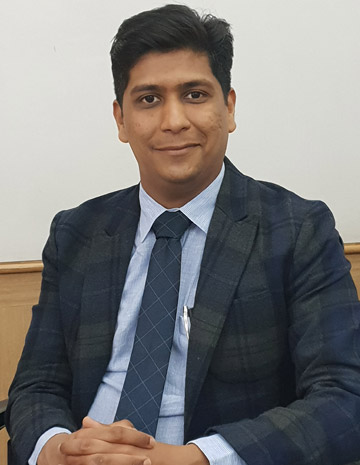
Dr. Ajay Kothari
Education: MBBS, DNB(Ortho) MNAMS(Ortho)(New Delhi) FISS( USA, Germany).
Specialties: Spine
OPD Days : Mon, Thurs, Wed & Sat
Work Timing: Mon & Thurs (10 am – 3 pm) | Wed & Sat (3 pm – 7 pm)
Doctor Dairy
Our entire body relies on our spine, and yet, it is taken so lightly. Spinal deformities are a taboo in our society but Dr Ajay Kothari tells us otherwise. In today’s episode of doctor diaries, he enlightens us all about the spine orthopaedics.
FAQ
Sancheti has different types of spine surgery and treatments available for various conditions and injuries. It would be best to speak with your orthopaedic surgeon about the best action to lessen or eliminate your back pain. Doctors will first try to treat your discomfort or crippling back troubles with minimally invasive procedures like pain block injections. If none work, your orthopaedic surgeon may recommend invasive spine surgery. Here are a few types of spine surgery:
- Lumbar Decompression
- Lumbar Discectomy
- Herniated disc surgery
- Spinal Fusion surgery
Spinal decompression and fusion are the most common spine operation performed in Sancheti Hospital by spine specialists. It takes the pressure off “pinched” nerves, the spinal cord, or both and stabilizes the spine.
Depending on the treatment you choose for your spinal problems, the success rate of spine surgery in India ranges from 80% to 90%. You might have a successful procedure in addition to the high calibre of the skilled surgeon in Sancheti Pune.
After your spinal surgery, you will be advised to stroll while being closely monitored by the physiotherapist. You may be released in as little as 4 days, depending on your problem’s severity. Daily activities gradually resume 4 to 6 weeks after surgery. Maintaining your physical therapy routine following surgery will hasten your recovery and increase your confidence in your ability to walk.
Minimally invasive spinal cord operation with the help of revolutionary O arm and S8 stealth navigation systems and neuromonitoring system results in less pain, muscle damage, shorter hospital stays, and faster recovery. These technologies have also reduced the risks related to spinal surgeries. A few potential risks of spine surgery are recurrent or continuing symptoms, infections, cerebrospinal fluid leakage, facial sores and loss of vision, nerve injury, blood clots, and dural tears.






